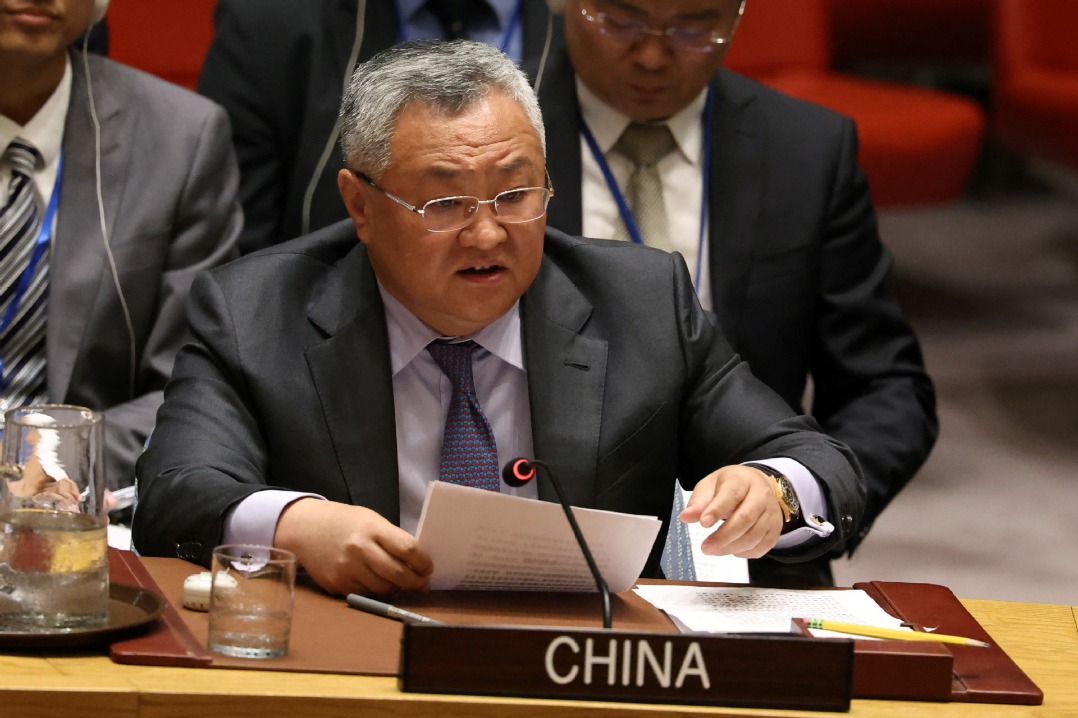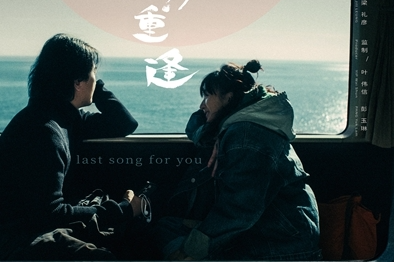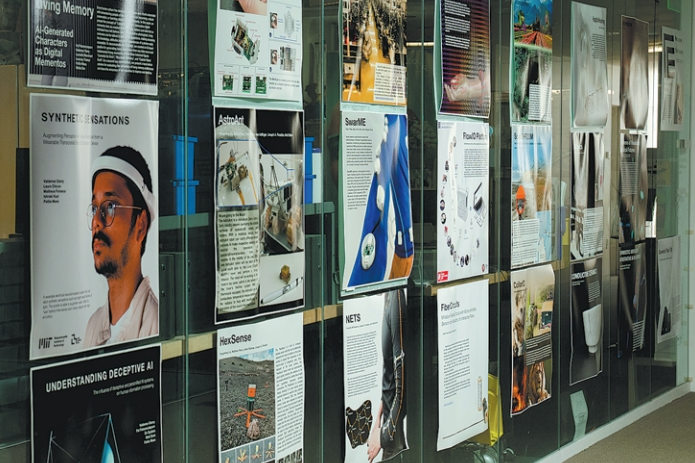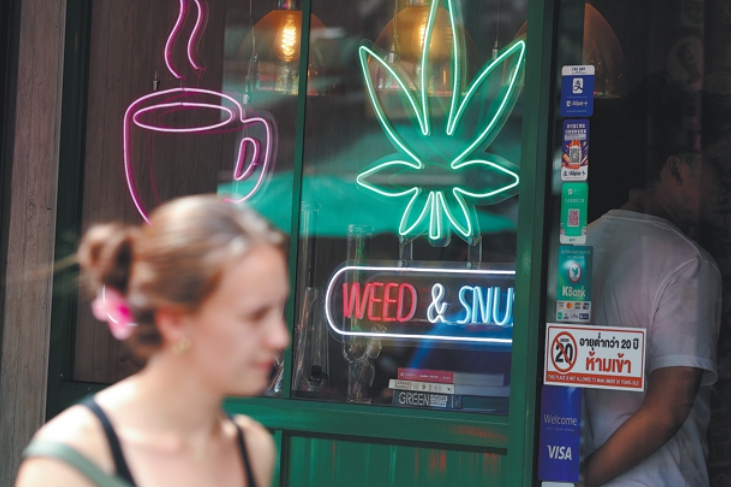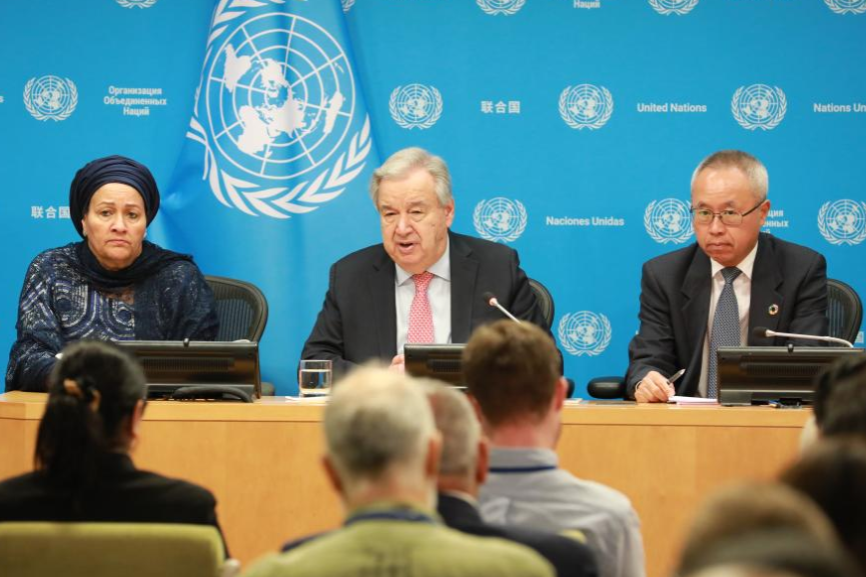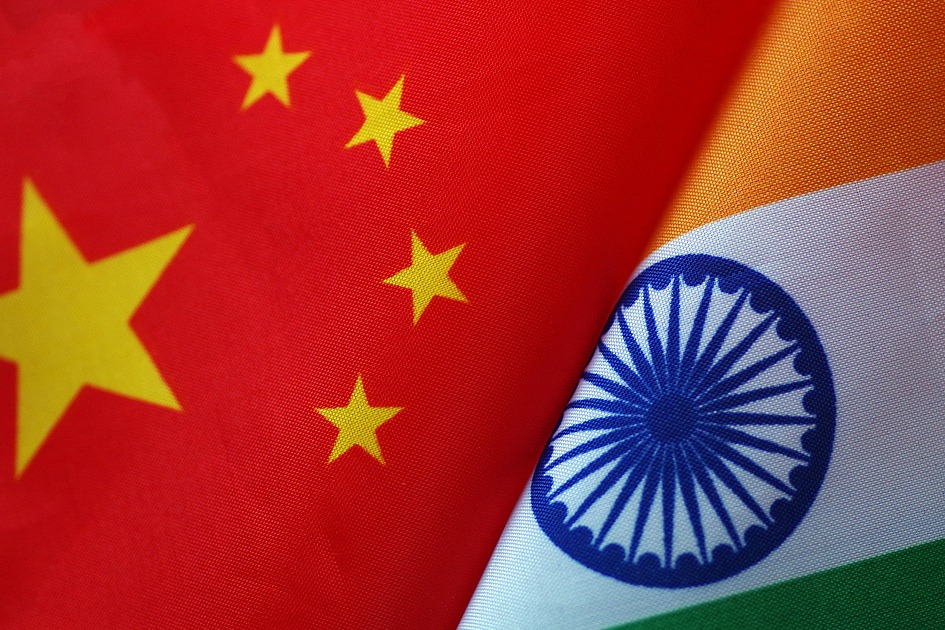Gun reform set to fix loophole in NZ laws


New Zealand's tightening of its gun laws following the mass shootings in Christchurch mosques that left 50 people dead last month will help stem the major threat posed by the weapons, according to analysts.
The new laws will help to prevent similar mass shootings by banning military-style weapons such as those used in the March 15 attacks in the New Zealand city, they said.
Before the new rules were rolled out, the country was criticized for having lax gun laws. In a country of just under 5 million people, the number of guns owned is estimated at between 1 million and 1.5 million.
New Zealand's Parliament on April 10 passed a gun reform bill banning the circulation and use of most semi-automatic firearms, parts that convert firearms into semi-automatic firearms, magazines over a certain capacity and some shotguns.
Some have said the New Zealand legislation is modeled on Australia's tough gun laws, which came about after a lone gunman killed 35 people at Port Arthur in the Australian island state of Tasmania in 1996. Unlike those laws, however, New Zealand's does not require that all weapons be registered.
Chris Wilson, a senior lecturer in politics and international relations at the University of Auckland in New Zealand, said most New Zealanders are in favor of new gun laws.
"I think many New Zealanders were surprised just how lax our gun laws were," he said.
He said the vast majority of New Zealanders support restricting access to military-style weapons, which he said was reflected in the Parliament vote.
"I think, however, there is some regret this didn't happen earlier. …After our last mass shooting in Aramoana."
On Nov 13, 1990, in the small seaside town of Aramoana, northeast of Dunedin, a man killed 13 people after an argument with his next-door neighbor.
The government at the time did move to tighten the country's gun laws. One of the changes was the introduction of a 10-year photographic gun license. The new rules, however, did not ban the ownership of military-style or semi-automatic weapons. The Aramoana gunman used a version of the popular Russian AK-47.
Paul Buchanan, a former US government counterintelligence specialist who now lives in New Zealand, said the new law will get such weapons off the streets and prevent another mass shooting.
Simon Chapman, emeritus professor with the School of Public Health at the University of Sydney, agreed.
"These weapons are designed for military use," he said. "They were never designed for recreational hunting."
Australia's tough gun laws are held up as an example of what can be done.
Since the Port Arthur massacre, Australia has not had a similar mass shooting.
The 1996 reforms prohibited ordinary Australians from owning automatic and semi-automatic firearms as well as pump-action shotguns.
Gun-related crime records show a downward trend since 1996, despite the surge in gang and drug-related crime in Sydney and Melbourne.
















